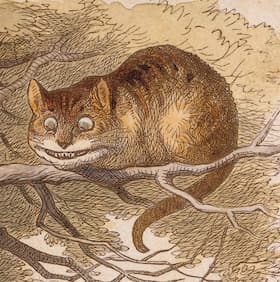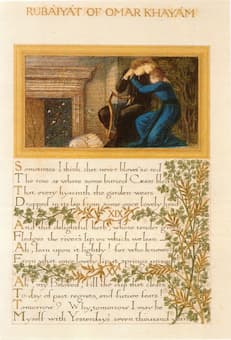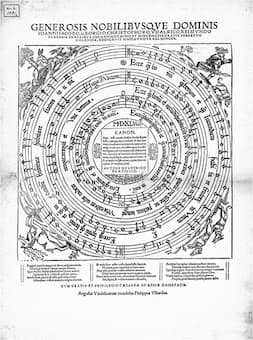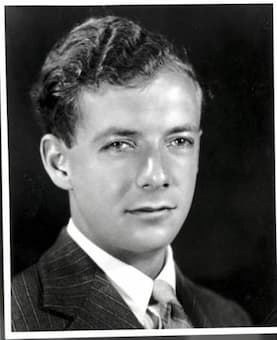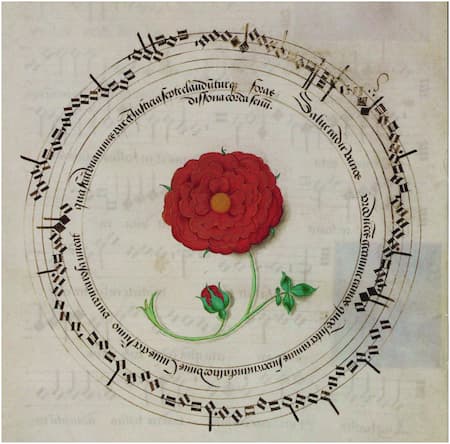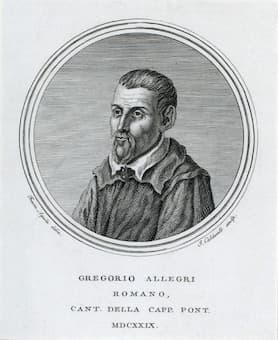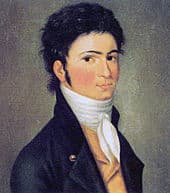Cats are our life companions, yet they remain separate. They walk alone. They delight us in their fantasies (what is in that corner they’re staring at? Should I be concerned?). They amaze us with their ability to fly gracefully to
In essence
In 1859, English poet and writer Edward FitzGerald published the first translation of what he called the Rubáiyát of Omar Khayyám. Coming from one of the wealthiest families in England, FitzGerald could do as he wished and one of the
Ever since sound was first coupled with moving images at the turn of the 20th century, classical music has played an important role. In fact, the new film medium provided the avenue for Western classical music to reach people from
The psalm text “Ecce quam bonum et quam iocundum habitare fratres in unum” (Behold how good and how pleasant it is for brethren to dwell together in unity) (Vulgate Ps. 132, King James Ps. 133) was widely used in medieval
Benjamin Britten (1913-1976) wrote very little for solo piano – a mere 6 pieces – but one of them was the delightful Holiday Diary, written in 1934, when he was 21, but creating a scene as for a child half
We think of musical notation as an object to be realized by a performer. As it sits on the page, there’s little there for someone who’s not musically educated to understand. You need the knowledge to read the notes. And
Gregorio Allegri (c. 1582-1652) was a composer and singer at the Vatican. He started his career in Rome as a chorister in the French national church, San Luigi dei Francesi. His skills as a composer in the cathedral of Fremo
The year 1802 was a year of despair for Beethoven. His hearing had been declining since 1796 and he had been consulting doctors everywhere. Finally, in mid-1801 he found Professor Johann Schmidt, who became his personal physician until his death

